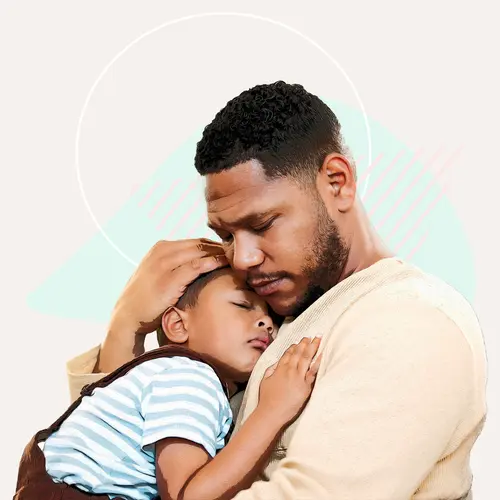Boost your child's social skills and the fun in her day -- plan playdates. These get-togethers help toddlers build bonds with people outside of the family.
“Kids really enjoy playing with each other, even if they don't seem to be that engaged,” says Roberta Michnick Golinkoff, PhD. She co-wrote A Mandate for Playful Learning in Preschool. “If it's done in a regular way, they're going to look forward to it.”
How should you plan a playdate? Keep these details in mind:
The right time. A toddler playdate shouldn't be too short or too long. If it's only 20 minutes, the children might not warm up to each other. If it drags on for hours, they’re bound to get tired or cranky.
“An hour and a half is a good rule of thumb,” says Jennifer Shu, MD, FAAP, a pediatrician in Atlanta.
Choose a time when the children are well-fed and well-rested. “The best time to do it is after a meal but before a nap, like right after breakfast,” Shu says.
A good spot. You can invite another parent and child to your home for a first playdate. (Next time, they may invite you over.) If you don't know the other parent well or don't want your home to get messy, meet at a park, zoo, or library instead. The children will find plenty to do no matter where they meet.
“At somebody else's house, kids encounter a whole new set of toys, which is fun,” Golinkoff says. “And I love the idea of meeting in a park and having the kids run around outside.”
The guest list. If you have a 2-year-old girl but don’t know other little girls the same age, you might think playdates are off the table. But children who are months or even a year or more apart in age can play nicely together. So can boys and girls.
“I don't think kids are attuned to gender differences until much later,” Golinkoff says.
Many parents prefer one-on-one get-togethers, because they worry that one child may be left out in bigger groups. This doesn't happen often with toddlers, especially if they attend daycare or have siblings. Just make sure the parents stay to watch and step in as needed.
“Toddlers aren't as sensitive to the problems of a 'love triangle' as older children can be,” says Lawrence J. Cohen, PhD, author of Playful Parenting. “But if there aren't enough parents around, then a group of toddlers can turn into chaos.”
Enough toys. Toddlers aren't known for sharing, so offer toys that will make children want to play together.
“Building toys like blocks, pretend toys like cars or kitchen sets, or active toys like balls and ride-ons can all give kids something to do together,” says David L. Hill, MD, FAAP, a pediatrician in Wilmington, N.C.
Certain toys aren't right for playdates, though. “[Don't offer] anything electronic,” Golinkoff says. “Leave home the iPad.”
When two toddlers own the same toy, it's OK to ask the parent to bring the other child's toy along, so there won't be fighting.
If two children want the same toy, you can help them share. “By about 18 months, they can understand the concept of taking turns,” Shu says. “Set a timer and show it to them. When it beeps, it's time to switch.”
Hands-off care. You might want to show your toddler how to play well with others, but it's best to let children figure things out on their own.
“The goal of a playdate is for children to learn how to interact with others,” Hill says. “If children are hitting, biting, or throwing things, someone has to step in and break up the conflict, but otherwise, try to stay out of the way.”
Young toddlers do “parallel play,” which means they sit near each other and play with different toys. That's normal, so don't force anything more.
“Let toddlers decide how much to interact with each other and how much to explore on their own,” Cohen says.
Adult time. Playdates are good for parents, too. They can seek support from each other, tell stories about their kids, and talk about themselves.
“Parents share what's going on in their lives when the kids play,” Golinkoff says. “It's good to be able to unload and get advice.”

